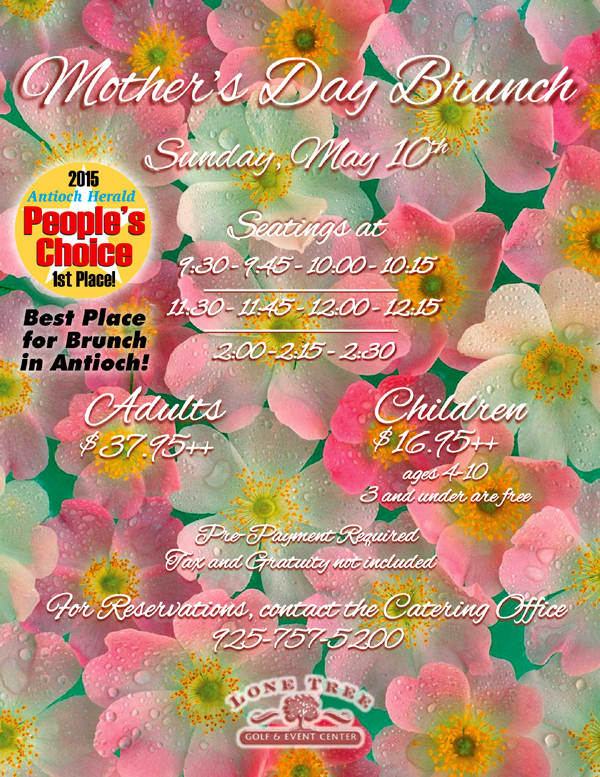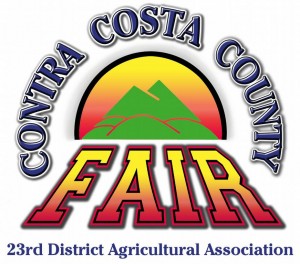Hundreds of Belshaw Elementary School students will sit down to a surprise on Thursday, April 23, 2015: a meal made from foods grown in California and prepared freshly just for them. And, if organizers of California Thursdays are successful, this will become a regular part of menus for Antioch Unified School District students as well as students across the state.
The program is predicated on the simple logic that California children will benefit from more fresh California-grown food. Forty-two school districts, large, small, urban, suburban and rural, that collectively serve over 250 million school meals a year, are participating in today’s statewide rollout. Schools in the Antioch district, alone serve almost 2,500,000 meals annually.
But implementation of California Thursdays is far from simple. The district’s nutrition service director, Stephanie Siemering, has worked countless hours alongside her counterparts statewide to reform an entrenched, centralized food system that ships produce around the nation, sometimes moving California produce out of state before returning it, highly processed, to the district. Added to that are the challenges of creating recipes that kids enjoy and that meet federal standards, finding local farmers who can supply local schools, training staff to cook and serve fresh meals, and encouraging students to try them.
The Antioch district has collaborated with other districts in Contra Costa County to plan for the event. The school districts in Contra Costa have planned their menus together and have taken the unique step of purchasing food together from local farmers. This collaboration has meant that the districts combined were able to order over 3,000 pounds of local produce to serve to their students.
Why bother? The district knows that buying, preparing and serving local California food is a triple win.
“Whenever we serve fresh, locally grown food to children with these recipes, they devour it,” says Zenobia Barlow, Executive Director of the Center for Ecoliteracy. “That alone is a victory. Properly nourished children are healthier and ready to learn. California Thursdays also benefits local economies and the environment.”
So, on Thursday, students at Belshaw Elementary School will enjoy menus featuring healthy, student-tested recipes cooked from scratch with local ingredients. Options range from farm fresh sub sandwiches to chicken and asparagus rice bowls, to a full salad bar that includes California grown produce. Students will also have an opportunity to taste test a future California Thursday recipe, Summer Chicken Stew.
California Thursdays was originally developed and successfully piloted with Oakland Unified School District a year ago and rolled out to an additional 14 school districts this past October. The program includes scaled recipes, staff training, and procurement guidelines to assist schools in their transition to a healthier, more sustainable meal program, as well as a website with resources for teachers and parents at www.californiathursdays.org.
Nourished Students Are Better Learners
Less than one in ten children consumes enough fruits and vegetables a day, yet studies show that kids are more likely to eat school meals if the food is fresh and attractive. This provides an ideal opportunity for the district’s food service staff to have a major impact on the community and students’ lives.
According to the Centers for Disease Control, better nutrition improves academic grades and standardized test scores, reduces absenteeism and strengthens memory. 57 percent of Contra Costa County children live in food insecure households, and another 33 percent are overweight or obese. Since many kids consume over half their day’s calories at school, it is important that the district ensures that the meals it serves are healthy and balanced.
Nutritious school meals also make perfect financial sense. Healthy kids put less strain on school districts’ health, counseling and special education services, while lowering absentee rates and improving school finances. School districts are funded based on how many kids show up to class, so it’s worth investing in quality meals that children are more likely to eat.
In addition, California Thursdays will take taxpayer funds that might otherwise go out of state and redirect them back into the local economy. Economists say that every $1.00 spent on local food fosters $2.56 in local economic activity. Every job created in the production of local food also leads to an addition of more than two new jobs within the community.
“California Thursdays is a great first step in celebrating all that California agriculture has to offer,” says California Department of Food and Agriculture Secretary Karen Ross. “It brings awareness to the fresh, wholesome and seasonally appropriate bounty of our great state. If we feed our children good, healthy food, if we connect them back to the place and the people and the practices that it came from, I think we’re going to have great decision makers in our future.”
The Center for Ecoliteracy and its partners are planning to expand today’s California Thursday to a weekly program and invite more school districts to participate. Antioch Unified School District will start monthly and expand weekly district-wide during the 2015-2016 school year.
For more information about the California Thursdays program, visit www.californiathursdays.org.
.

























